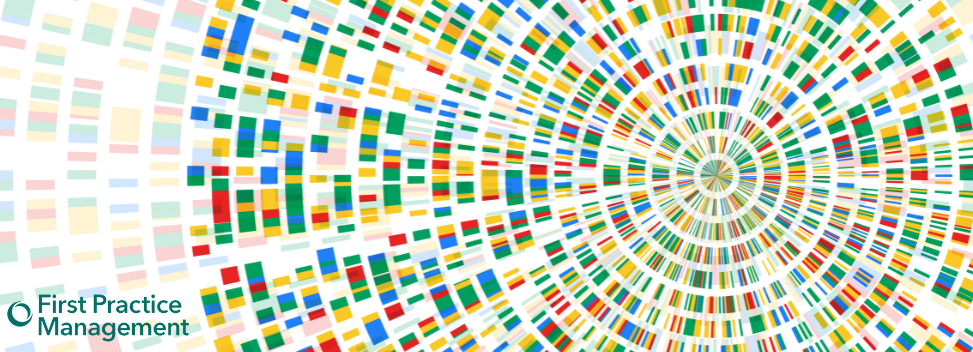
As the UK prepares to roll out whole genome sequencing for every newborn, a bold question is taking shape: are we on the cusp of revolutionising preventative care—or venturing into uncharted ethical terrain?
From my years in NHS management, I saw the value of innovation grounded in compassion and clarity. Genomic science offers extraordinary promise—but this programme needs to be scrutinised with equal care and humility. Let’s unpack the benefits, the risks, and the deeply human aspects of sequencing a child’s DNA from day one.
The Good: Precision Medicine from the Start
Early diagnosis, timely treatment
Many rare diseases—like spinal muscular atrophy or metabolic disorders—often go undetected until symptoms are advanced or irreversible. Whole genome sequencing could identify such conditions in infancy, enabling earlier intervention, reducing suffering, and even saving lives.
A more proactive NHS
This initiative fits into the government’s wider vision of a “predictive, preventative NHS.” By understanding a person’s genetic risks from birth, healthcare can be tailored over a lifetime, potentially reducing late diagnoses, hospital admissions, and reactive care.
Empowered families
For some, knowledge is power. Being aware of a child’s risk allows for informed decisions, access to clinical trials, and greater agency. Parents facing rare conditions often spend years in diagnostic limbo—genomic screening could break that cycle.
The Risks: Ethical Unknowns and Lasting Questions
Is consent truly optional—and will it remain so?
Although the programme begins as opt-in, there is a concern that, over time, it could become de facto mandatory. As participation becomes widespread and “standard,” parents may feel social or institutional pressure to comply—risking stigma or guilt if they decline. What starts as a choice could evolve into an expectation.
The permanent shadow of data
Once sequenced, a genome is forever. And while current frameworks promise secure storage and clinical use only, the future is unpredictable. Could this data one day be accessed for non-medical purposes—insurance assessments, law enforcement, commercial partnerships? Without watertight protections, the risks to privacy and trust are far from theoretical.
Emotional burden
Knowing your child carries a risk for a condition that may never develop—or may not be treatable—can cast a long psychological shadow. Without comprehensive genetic counselling, such revelations can do more harm than good, leading to anxiety, hypervigilance, or life-altering decisions based on probability rather than certainty.
Health inequality and follow-up gaps
The benefits of genomic screening will only materialise if there’s robust support infrastructure—specialist referrals, monitoring, counselling. Without it, families may be left to navigate complex information alone. Worse still, the programme could deepen health inequalities if support is patchy or inconsistently resourced.
A Final Word on Choice
While many announcements have stated that “every newborn will be sequenced,” it's essential to clarify that parental consent is required. Genome sequencing at birth will be offered to all families—but participation is entirely voluntary.
Still, many ethicists warn that what begins as optional could, over time, feel expected. As the programme becomes part of standard care, some parents may feel pressure to consent—whether from clinicians, perceived social norms, or the fear of missing out on future medical advantages.
That’s why it’s crucial not just to keep consent formally optional, but to ensure it feels genuinely free—without judgment, coercion, or hidden consequences.
Moving Forward: Proceed with Purpose and Protection
Whole genome sequencing at birth could transform lives. But it must be implemented with rigorous ethical oversight, transparent data governance, and genuine support for the families and professionals at its heart.
Innovation must not outpace integrity. Consent must remain informed and meaningful.
Data use must remain limited and transparent. And no family should face uncertainty without a clear path forward.
Because this isn’t just about the future of healthcare. It’s about trust, choice, and what it means to protect the next generation—not only from illness, but from the unintended consequences of our own ambition.


0 Comments